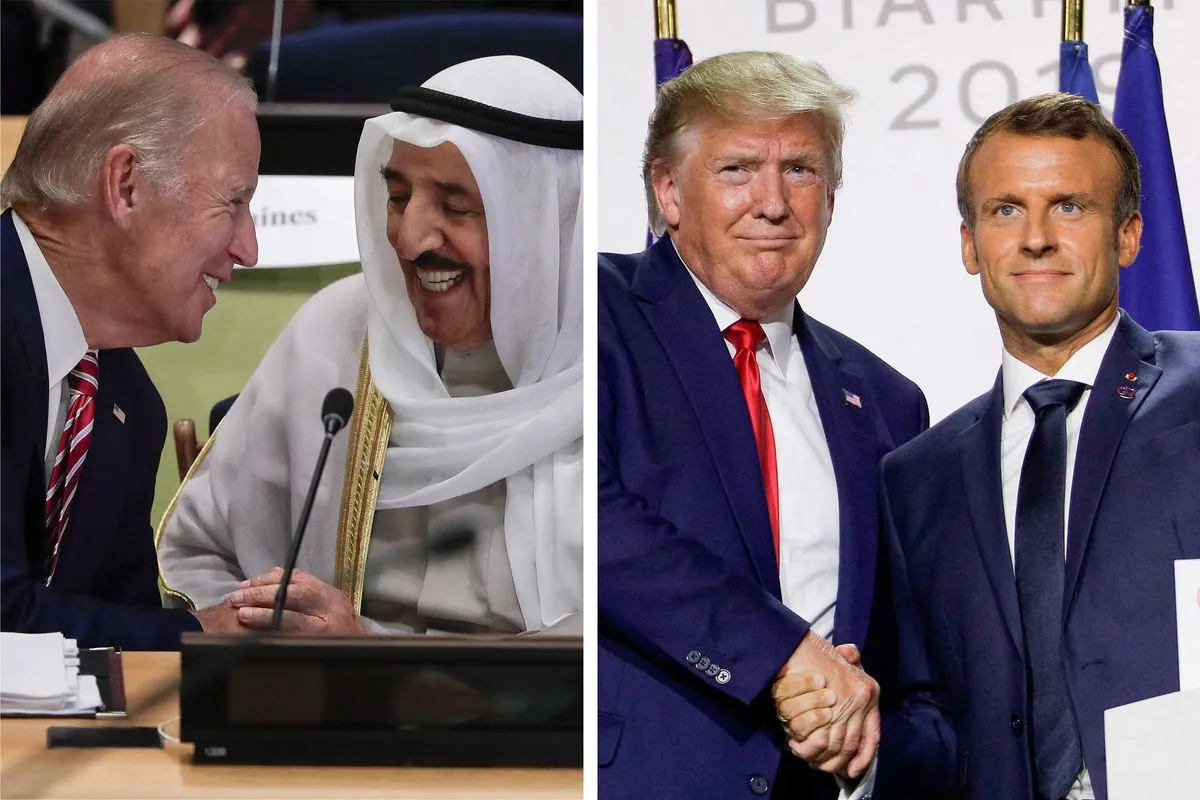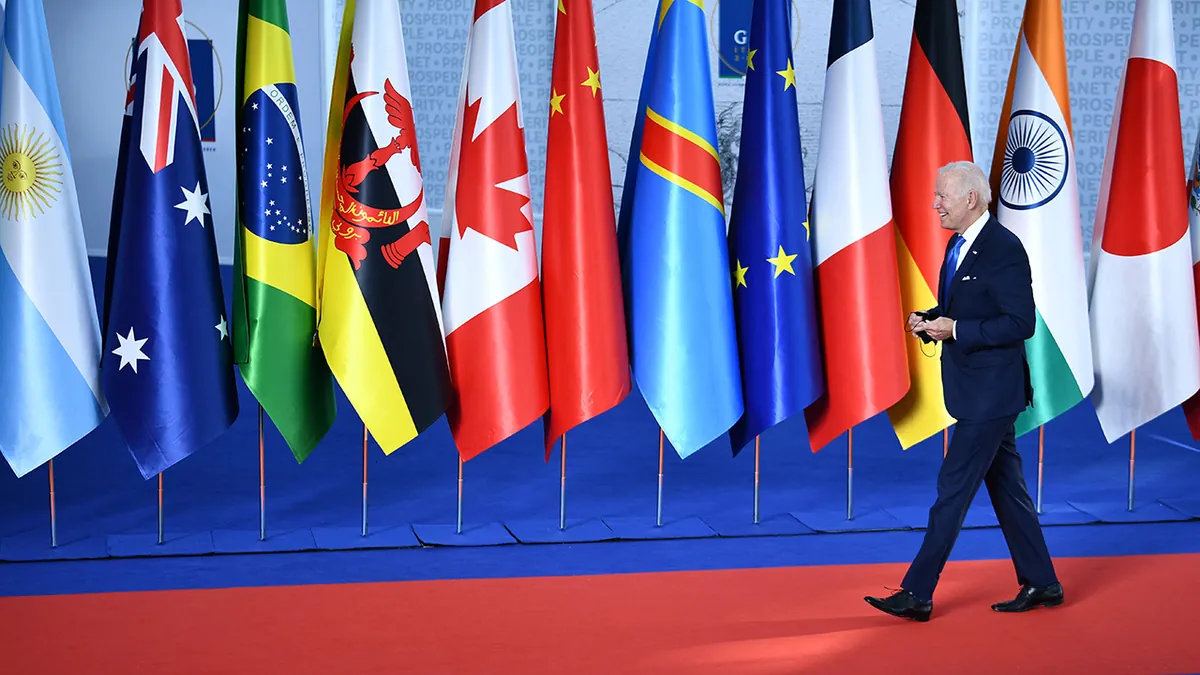IR Experts Favor Harris in 2024 Election, Express Concerns Over Trump's Foreign Policy
A recent survey of International Relations scholars reveals strong support for Kamala Harris in the 2024 U.S. presidential race, highlighting concerns about Donald Trump's ability to handle foreign policy crises.

In the aftermath of Joe Biden's unexpected withdrawal from the 2024 presidential race on July 21, the political landscape has undergone significant shifts. A recent survey conducted by the Teaching, Research, and International Policy (TRIP) Project at William & Mary's Global Research Institute offers unique insights into how International Relations (IR) experts view the upcoming election and its potential impact on U.S. foreign policy.
The survey, supported by the Carnegie Corporation of New York, gathered responses from 379 IR scholars between July 18 and 23, 2024. This timing coincided with Biden's withdrawal announcement, providing a snapshot of expert opinion during a crucial moment in the election cycle.
Contrary to initial public polls, IR scholars expressed greater confidence in Kamala Harris's prospects for victory. On average, experts estimated a 52% probability of Harris winning against Donald Trump, compared to only a 36% chance for Biden. This stark contrast highlights the divergence between expert analysis and public perception.

The survey also revealed a clear preference for Harris among IR scholars. When presented with multiple potential candidates, 20% of experts favored Harris as the next president, while only 9% preferred Biden and a mere 2% supported Trump. This preference extended across party lines, with Harris garnering 9% support even among Republican respondents.
A critical aspect of the survey focused on the candidates' ability to handle international crises. IR experts rated their trust in each candidate on a scale from 0 to 100. Harris and Biden scored similarly, with averages of 68 and 70 respectively. However, Trump averaged significantly lower at 16, indicating a substantial trust deficit among foreign policy experts.
"Even as a Republican, I have concerns about Trump's approach to foreign policy. While I align with some of his ideas, the unpredictability factor is worrying when it comes to international crises."
Interestingly, even scholars who identify with realist IR theory, which often aligns with some of Trump's foreign policy stances, expressed skepticism about another Trump term. Realist scholars rated their trust in Trump's crisis-handling abilities at 28, compared to 56 for Harris.
This preference for Harris among IR experts, regardless of theoretical paradigm, underscores the concerns about Trump's potential impact on U.S. foreign policy. As the November 5 election approaches, these insights from IR scholars provide valuable context for understanding the potential implications of the election outcome on America's role in the world.
With ongoing conflicts such as Russia's war in Ukraine and the Israel-Hamas war in Gaza, the next U.S. president will face significant foreign policy challenges. The stark contrast in trust levels between Harris and Trump among IR experts suggests that the outcome of this election could have far-reaching consequences for global affairs and America's international relationships.


































